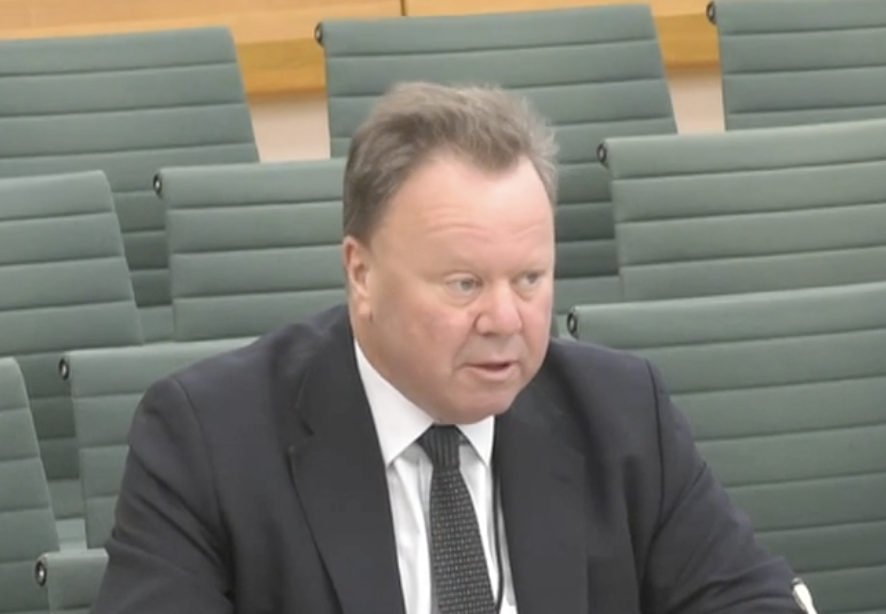Veronica Bamford-Deane, managing director of Work for Good talks about why charities should be diversifying their income through small business sales fundraising
Over the last 18 months support for small business has flourished. Thanks to campaigns such as Small Business Saturday encouraging consumers to support their local economy, there has been a resurgence in people choosing to spend their cash with small businesses. For the first time ever the spend on Small Business Saturday 2020 exceeded the billion mark and hit a massive £1.1bn.
Additionally, when the pandemic struck more than 750,000 businesses shifted online and as we all worked from home, millions of people began shopping online. Furthermore, websites like Etsy, Wakuda, Not on the High Street, even Instagram have made millions of exciting independent businesses available at a touch of a button.
And this shift to shopping small and local isn’t set to end - according to a recent Barclaycard survey more than nine in 10 of people who have shopped locally said they will continue to do so.
However, the impact of the pandemic is not the real reason why charities should be diversifying income with small business sales fundraising. 99% of businesses in the UK are small and bring in over half of UK turnover. This is key and businesses and consumers should be seen as an added value to the charity sector.
Small business sales fundraising offers an exciting and sustainable future for charities for two primary reasons; raising funds and raising awareness. There has also been a rise in ethical consumerism, with multiple studies showing people want to buy from and champion businesses that are led by their values.
The opportunity is there and it is ready to be harnessed. However, currently in the UK only 2% of charities income comes from businesses compared to 43% from individuals.
Our sector is really good at acquiring and stewarding individual donors via supporter journeys and giving platforms. So what’s stopping us from being more flexible and accommodating to businesses, and having similar processes in place for small enterprises who want to raise funds through their sales?
Sales fundraising or cause-related marketing is an age-old fundraising method which has been around for years but is happily dodged by fundraisers, particularly when it comes to small businesses. As this type of fundraising requires a commercial participation agreement - three words which often span fear into every corporate and community fundraiser - a legal agreement that can be so complex and often prevents charities from accepting small business donations.
By digitising these legalities and creating a supporter friendly Commercial Participation solution, Work for Good has taken away the need for lengthy contracts between each business and charity as well as hours of work. Providing a simple and legal way for small businesses to pledge donations to causes they are passionate about and publicise their fundraising campaigns, unlocking untapped sustainable income.
With recurring donations remaining a growing priority for the sector it’s vital that we offer simple and accessible ways for supporters to get involved with the charity in ways that work for them.
Fundraising platforms are an invaluable part of digital fundraising and support the growing demand for developing new ways to fundraise. Providing a streamlined, flexible, cost-effective way to engage supporters and build relationships, particularly when face-to-face fundraising remains difficult to do.
However the drive for efficient and effective ways to diversify income is still being held back by an uncertainty towards digital innovation. We should be using this knowledge as an opportunity to work closer together to help our sector move forward.
By working more collaboratively, pooling our resources and offering people efficient ways to support the causes they care about, we can create a sustainable, diversified income stream for our sector.
Latest News
-
Tributes paid to 'tenacious campaigner' who co-founded Terrence Higgins Trust
-
Man who set up fake animal charity jailed for five years
-
X-odus sparks video content boom among charities, report finds
-
Charity handed £25m endowment from autistic philanthropist to help others on the spectrum
-
Civil Society Covenant blighted by delays and U-turns, report warns
-
More than 30 jobs at risk as hospice charity looks to close home care service
Charity Times video Q&A: In conversation with Hilda Hayo, CEO of Dementia UK
Charity Times editor, Lauren Weymouth, is joined by Dementia UK CEO, Hilda Hayo to discuss why the charity receives such high workplace satisfaction results, what a positive working culture looks like and the importance of lived experience among staff. The pair talk about challenges facing the charity, the impact felt by the pandemic and how it's striving to overcome obstacles and continue to be a highly impactful organisation for anybody affected by dementia.
Charity Times Awards 2023
Mitigating risk and reducing claims

The cost-of-living crisis is impacting charities in a number of ways, including the risks they take. Endsleigh Insurance’s* senior risk management consultant Scott Crichton joins Charity Times to discuss the ramifications of prioritising certain types of risk over others, the financial implications risk can have if not managed properly, and tips for charities to help manage those risks.
* Coming soon… Howden, the new name for Endsleigh.
* Coming soon… Howden, the new name for Endsleigh.
Better Society

© 2021 Perspective Publishing Privacy & Cookies













Recent Stories